
Lower Ed
The Troubling Rise of For-Profit Colleges in the New Economy
Recommendation
Tressie McMillan Cottom worked in enrollment at two for-profit colleges and wrote her doctoral thesis about their growth and the increasing role credit and debt play in the sector. She enrolled in nine of these institutions to study their appeal and approach. Based on her experiences and research, she creates a definitive overview of for-profit education, and explains why many who are in the system don’t understand it, what economic role such colleges play and who joins their student bodies. Her approach is scholarly, so some broader explanations and definitions might help. While noting that the opinions expressed are those of the author, getAbstract recommends her cautionary overview to adult learners, HR managers, job trainers and those forecasting the availability of talent.
Summary
About the Author
After working at and researching for-profit colleges, Tressie McMillan Cottom, PhD, studied the for-profit education sector in graduate school. Now an assistant sociology professor at Virginia Commonwealth University, she writes for The Atlantic, Slate and The Washington Post.








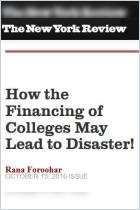

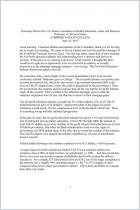
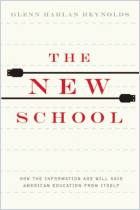
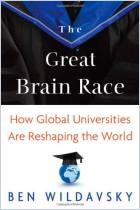
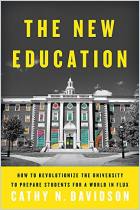



Comment on this summary or Iniciar a Discussão